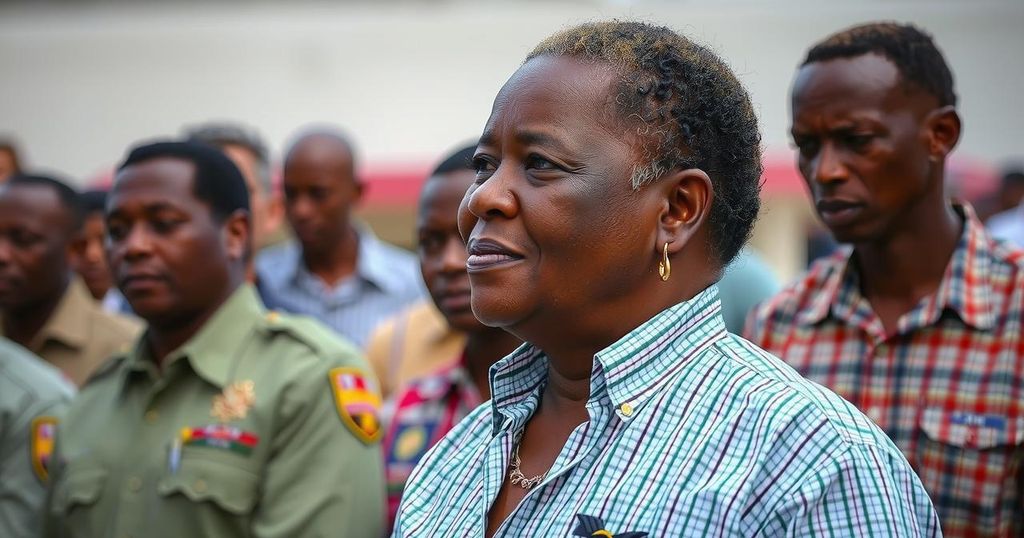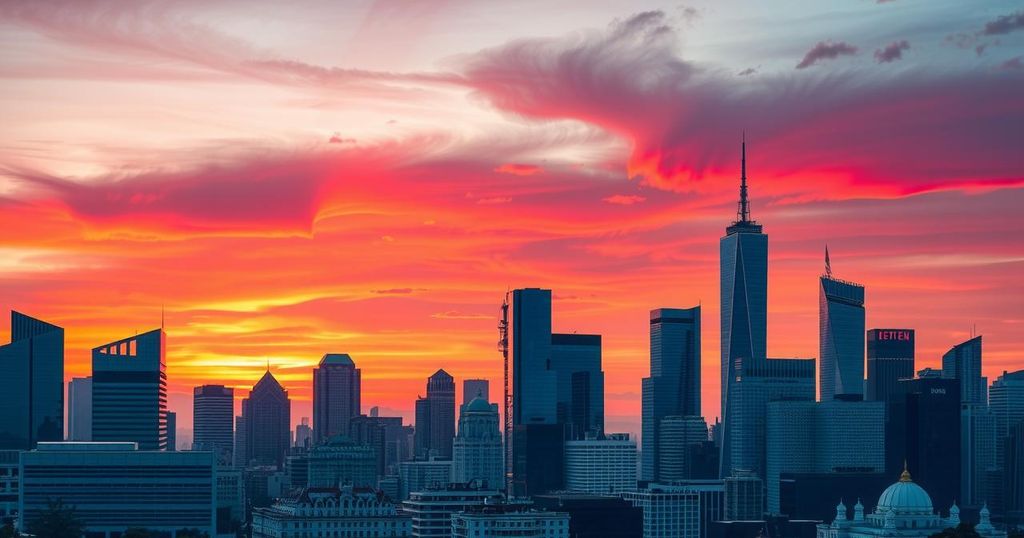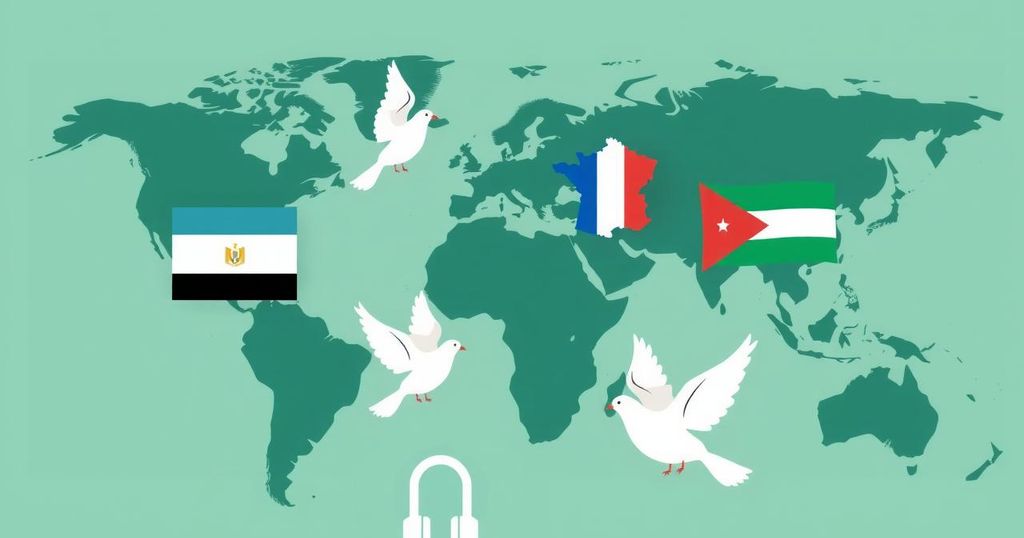Mozambique’s Post-Election Turmoil: Challenges Ahead for President-Elect Daniel Chapo
Mozambique’s post-election crisis deepens as Daniel Chapo is confirmed the winner of the contentious presidential race. Protests erupt following claims of electoral fraud, presenting Chapo with significant challenges as he seeks to foster dialogue while balancing party dynamics. The potential for economic disruption looms, complicating efforts for national reconciliation.
Following the declaration by Mozambique’s Constitutional Council on December 23, confirming Daniel Chapo as the victor of the October 9 presidential election, the nation finds itself embroiled in a deepening political crisis. The ruling Frelimo party’s Chapo defeated opposition candidate Venancio Mondlane, but the elections were widely criticized as rigged by various Western observers. In response to this ruling, Chapo has expressed intentions to initiate a reconciliation and dialogue process after his inauguration on January 15. However, this assertion has intensified unrest, as Mondlane’s supporters have taken to the streets to protest, following his calls for mass demonstrations against the legitimacy of the election results, thereby exacerbating the situation and risk of escalating violence.
The outcome of this crisis presents a significant challenge for the newly elected Chapo. The political friction may obstruct economic stability and disrupt regional trade, prompting Chapo to consider compromise with Mondlane. Nonetheless, any attempt at collaboration could instigate turmoil within the Frelimo party, complicating Chapo’s leadership and governance.
As Mozambique navigates this tumultuous period, the potential for lasting economic repercussions and social unrest looms large. The ongoing protests reflect widespread discontent, which places further pressure on Chapo to address the allegations of electoral fraud while striving for national unity and stability.
Mozambique has encountered political instability following its recent general elections, marked by allegations of electoral fraud and civil unrest. The election results have been challenged by the opposition party, leading to protests that question the legitimacy of the ruling party’s victory. With the nation’s economic framework under threat, the new leadership must prioritize reconciliation efforts to restore confidence among citizens and maintain order, while also managing internal party dynamics that may impede such efforts.
The political landscape in Mozambique remains fraught with tension following the announcement of Daniel Chapo’s election as president amidst claims of electoral malfeasance. As protests continue and economic disruptions become likely, Chapo faces the dual challenge of fostering dialogue with the opposition while maintaining party cohesion. The outcomes of his actions in the coming weeks will be pivotal for both his administration and the country’s stability.
Original Source: worldview.stratfor.com




Post Comment